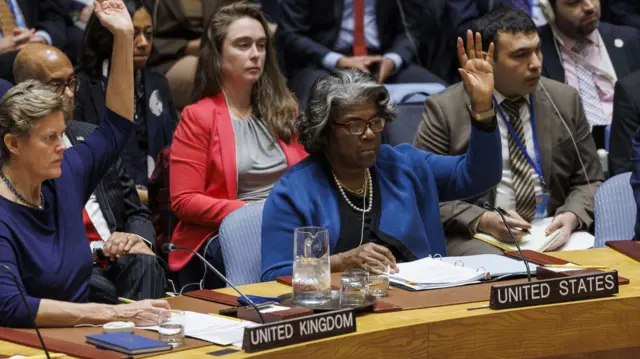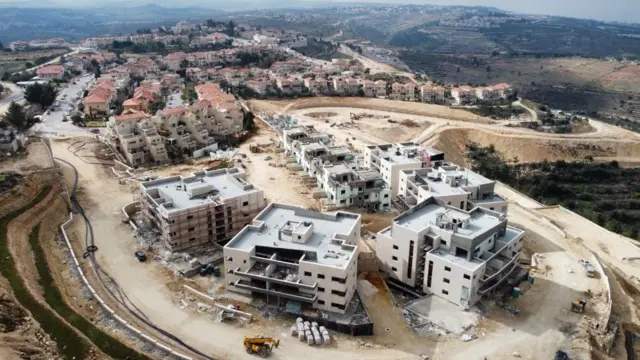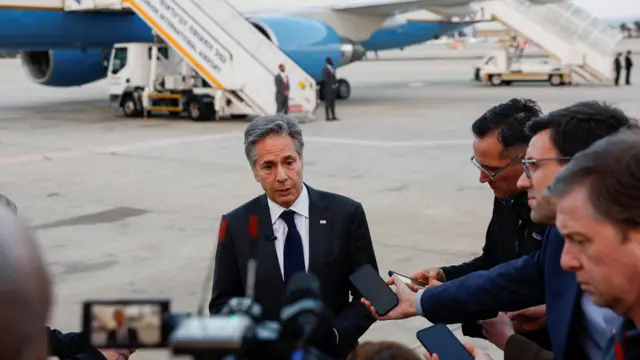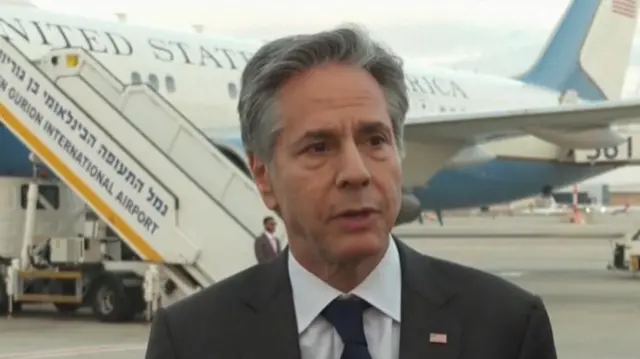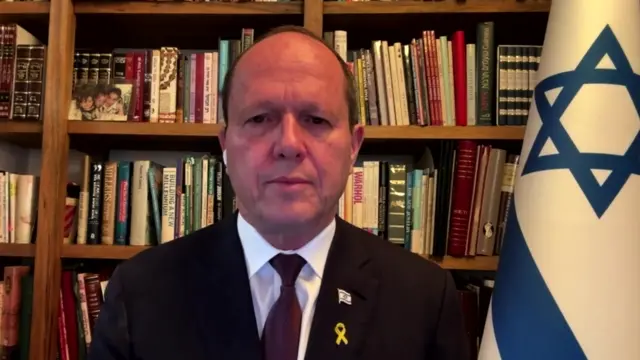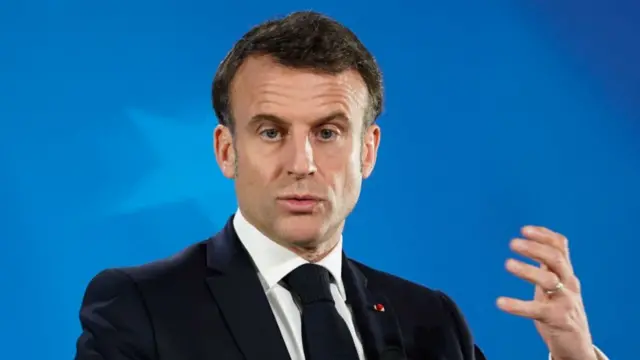US call at UN for Gaza truce linked to hostages blockedpublished at 17:38 GMT 22 March 2024
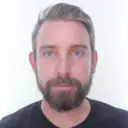 Brandon Livesay
Brandon Livesay
Reporting from New York
The US and Israel are key allies, but today's events hint at the growing concern the Biden administration has for the situation in Gaza.
At the UN headquarters in New York, the US put forward a draft resolution that tied an immediate ceasefire in Gaza to the release of hostages held by Hamas.
It failed, with vetoes from Russia and China.
But my colleague Nada Tawfik explained earlier how the langauge was stronger than any previous resolutions drafted by the US.
And in Israel, US Secretary of State Antony Blinken met with Israeli Prime Minisiter Benjamin Netanyahu. It was Blinken's sixth trip to the region since 7 October.
That's a wrap for our live coverage today. You can read a full account of the UN vote here.
Our writers today were Barbara Tasch, Jake Lapham, Malu Cursino, Ali Abbas Ahmadi, Fiona Nimoni and Anna Boyd.
Thanks for following along with us.
